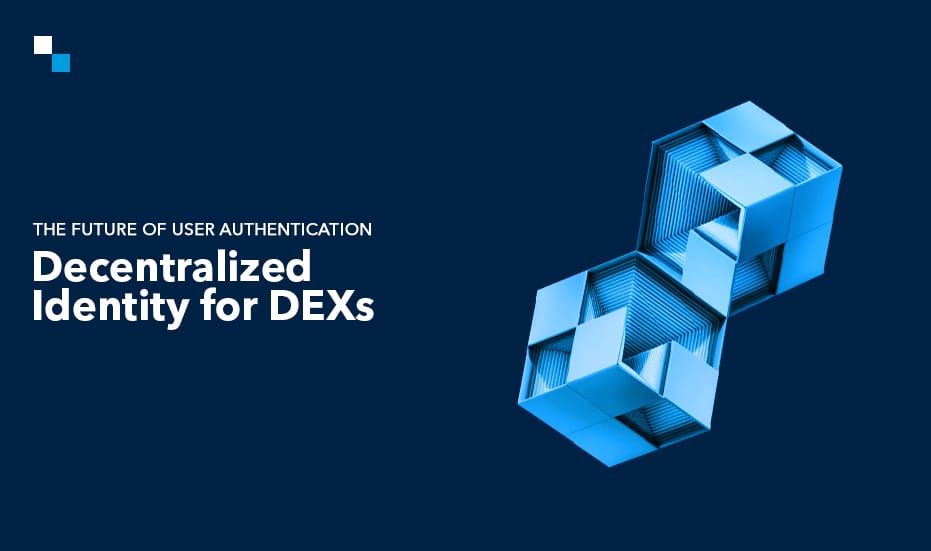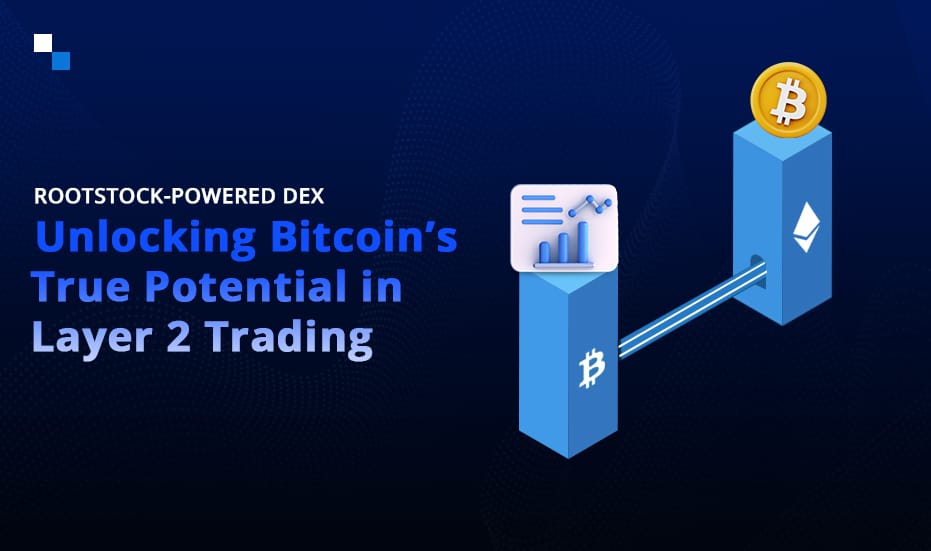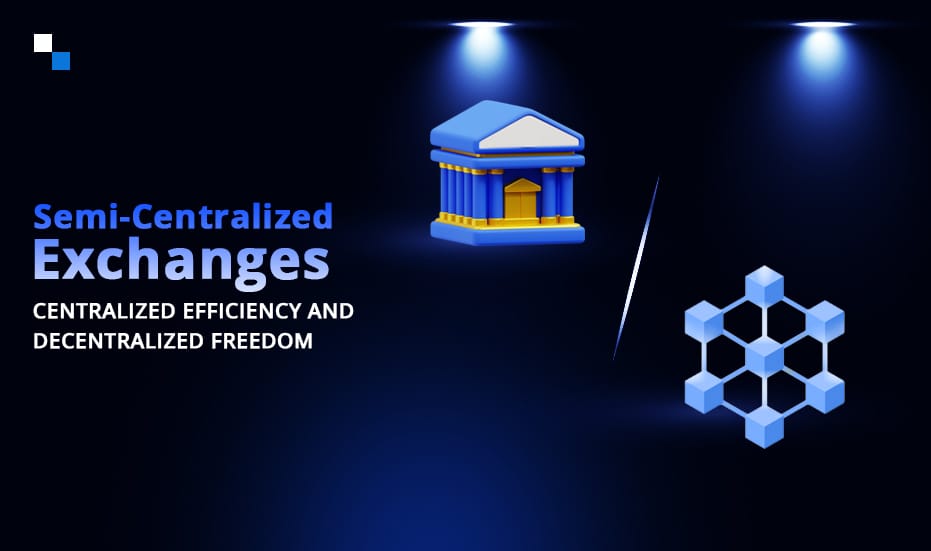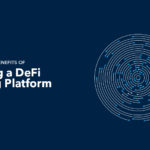
Developing a DeFi Lending Platform: 6 Benefits Every Business Should Know
November 19, 2024
Why Investors Should Explore NFT Racing Game Development?
November 20, 2024Certificate fraud, slow verification, forged credentials, and data breaches are just the tip of the iceberg; there exist countless problems with conventional, centralized identity authentication systems. A decentralized identity (DID) system introduces fraud-proof credentials and authenticity verification mechanisms. Individuals retain full control over their digital identity and credentials, and no third party is needed for the verification process.
The intermediary-free approach to digital identity authentication has many use cases, such as supply chain traceability, fraud-proof certifications, employee identity management, etc. In this blog, we’ll explore the convergence of DIDs and DeFi exchange development. Let’s dig into the post to discuss the need and benefit of revolutionizing user authentication with decentralized digital identity solutions.
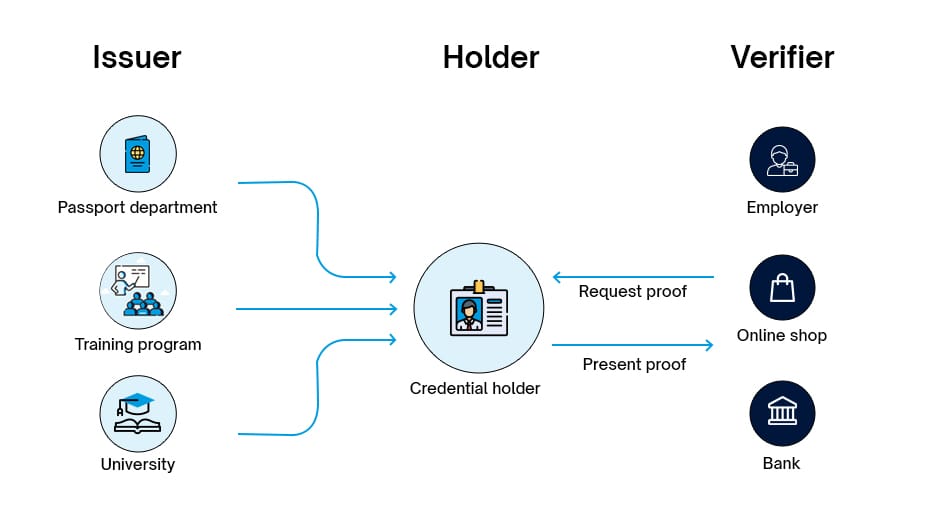
Components of Decentralized Identity Management System
Blockchain decentralized identity allows people to control their identity without involving a third party. Before you explore how these solutions align with DeFi exchange development, you must learn about the key components that make a robust decentralized identity system.
- Blockchain
The Foundation: Blockchain serves as the foundational technology for DID systems, providing a secure, transparent, and immutable ledger.
Data Integrity: Recording identity claims and credentials on a blockchain ensures data integrity and prevents tampering.
Trust and Transparency: Blockchain’s distributed nature eliminates the need for a central authority, fostering trust and transparency in identity authentication and ultimately your DeFi exchange development project.
- Verifiable Credentials (VCs)
Digital Credentials: VCs are digital credentials that can be issued, held, and presented by individuals.
Cryptographic Signatures: These credentials are cryptographically signed by the issuer, ensuring their authenticity and integrity.
Self-Sovereign Identity: VCs allow individuals to own and control their digital identities, empowering them to share specific attributes with specific entities.
- Decentralized Identifiers Blockchain (DIDs)
Unique Identifiers: DIDs are unique identifiers that represent individuals or entities on a decentralized network.
Self-Sovereign Control: Individuals have full control over their DIDs and can manage their identity data.
Interoperability: DIDs can be used across different platforms and services, promoting seamless interactions.
Blockchain Decentralized Identity in User Authentication: A New Era For DEXs
Decentralized digital identity solutions can transform how users interact with decentralized exchanges by providing a secure, verifiable, and user-controlled digital identity verification and management system. Integrating a feature empowering users to verify their transactions in a decentralized manner without losing privacy allows DEXs to enhance their user experience.
Typically, one may either build a DID system and get it integrated within the DEX with the help of the DeFi exchange development company or leverage an off-the-shelf solution like SelfKey or uPort. DEXs have been increasingly experiencing regulatory scrutiny recently. With a widening regulatory eye, these solutions will become necessary as they strike a balance between user privacy and compliance.
With decentralized identifier exchange integration, one can facilitate users to trade anonymously while ensuring adherence to regulatory requirements. Let’s now explore how DEXs can preserve user privacy while enhancing security and compliance.
How is blockchain decentralized identity revolutionizing user authentication in DEXs?
Whether you are an entrepreneur planning DeFi exchange development or an existing player planning to enhance your reputation and gain the public’s trust, DID integration can be a transformative tool. Let’s dive in to discover why you need one for your innovative DeFi exchange project.
- Enhanced User Security and Trust:
DID frameworks integrated with the help of a DeFi exchange development company empower users with self-sovereign control over their identity, which can be authenticated through secure, cryptographic methods without leaking privacy. Since digital identities reside on-chain, no third party can manipulate or duplicate the identity records. Therefore, with DIDs, DEX can ensure users’ identity data remains secure, verified, and resilient to impersonation, phishing attacks, or other forms of identity fraud or theft.
Decentralized identifiers exchange also immunizes the DEXs against the Sybil attacks (where attackers create multiple identities to manipulate governance or price mechanisms) by creating anonymous yet unique and verifiable identities. Verified decentralized identities also bring credibility, enabling trust-building for users engaging in high-value transactions. They also ensure that voting, staking, and other decentralized governance actions reflect a genuine and balanced user base.
- Improved Privacy and User Control
Decentralized identity blockchain solutions allow users to control their data, minimizing the need for extensive KYC processes that can compromise privacy. Users can stay anonymous and choose which specific information to share with the exchange, minimizing privacy risks.
DID solutions can enable selective data sharing, allowing DEXs to offer personalized services without invasive data tracking and collection. Through this DeFi exchange development integration, users could remain anonymous and still receive tailored notifications or recommendations based on their verified identity credentials and preferred shareable data, such as transaction history or risk preferences. This degree of personalization creates value for the user while aligning with DeFi’s core values.
- Reduced Regulatory Burden
While DEXs traditionally avoid KYC protocols due to privacy concerns, regulatory trends prompt compliance to be considered crucial during DeFi exchange development. DID offers a compromise by enabling “selective disclosure,” allowing users to share only the necessary parts of their identity information. For instance, a user could confirm they are over a certain age or reside in a specific jurisdiction without disclosing further personal details, satisfying KYC/AML requirements while retaining user privacy.
With efficient identity verification processes like decentralized identifiers exchange, DEXs can more easily comply with regulatory requirements while respecting user privacy. With robust mechanisms, unhackable identities, and verification, DEXs can help prevent fraudulent activities, gaining the trust of regulators and customers.
- User-Friendly Onboarding and Interoperability
DIDs can help build a trustless ecosystem where users transact with confidence knowing that identities are verified through decentralized protocols and not potentially vulnerable centralized systems. Integrating this functionality during DeFi exchange development can simplify access for new DEX users and reduce platform abandonment rates due to cumbersome identity verification and registration processes.
Apart from a quick and simplified onboarding process, the decentralized identifiers blockchain fosters a streamlined user experience by removing the need for repetitive identity verifications across various wallets, lending platforms, and other applications. Users could carry a single verified digital identity across multiple platforms, resulting in faster, frictionless access and a more connected DeFi ecosystem. DEXs could leverage decentralized identifiers exchange to build more robust decentralized autonomous organizations where verified identities, not centralized parties, run the trading ecosystems.

Final Word
Except for enhanced security, privacy, cross-platform interoperability, and lessened regulatory burden, automated KYC verifications facilitated by DIDs can also save costs for the DeFi exchange development projects in the long term. Except for the development cost of a fully-fledged blockchain decentralized identity system, your platform’s KYC is sorted with DID implementation. Once set up as per the legal requirements, these autonomous, decentralized digital identity systems will save the costs associated with third-party KYC providers. Automated verification and streamlined onboarding processes can also downsize the number of times customers engage with customer support, reducing customer support costs.
In crux, you can shoot all your security, interoperability, and regulatory troubles with a robust decentralized identity blockchain-based mechanism. As the adoption of DID systems grows, we can expect to see more use cases and more utility when aligned with DEXs.
At Antier, we can help you expand the horizons of your decentralized trading ecosystems by unleashing the untapped potential of decentralized digital identity solutions. But before you start your journey with us, schedule a demo now!
